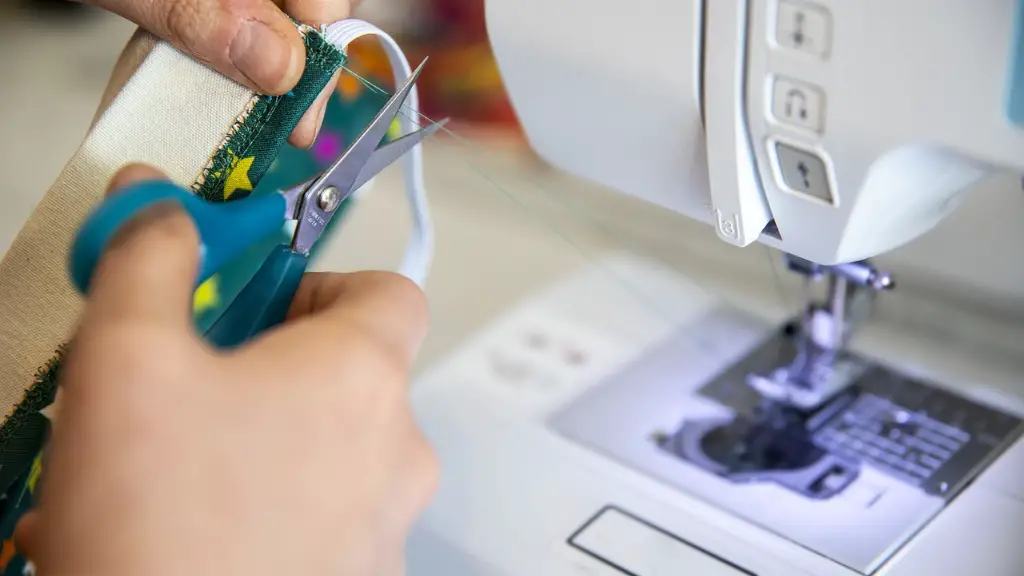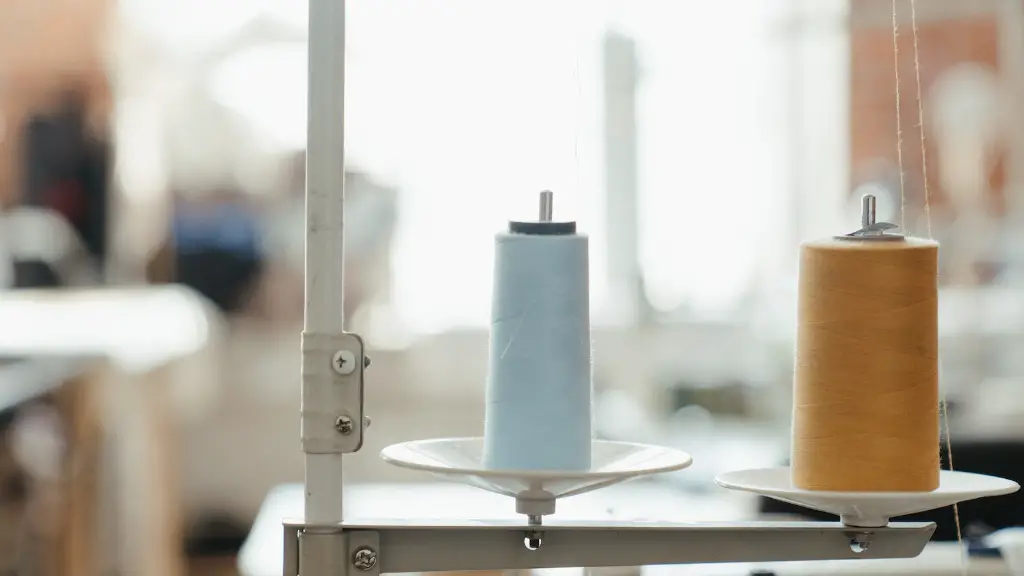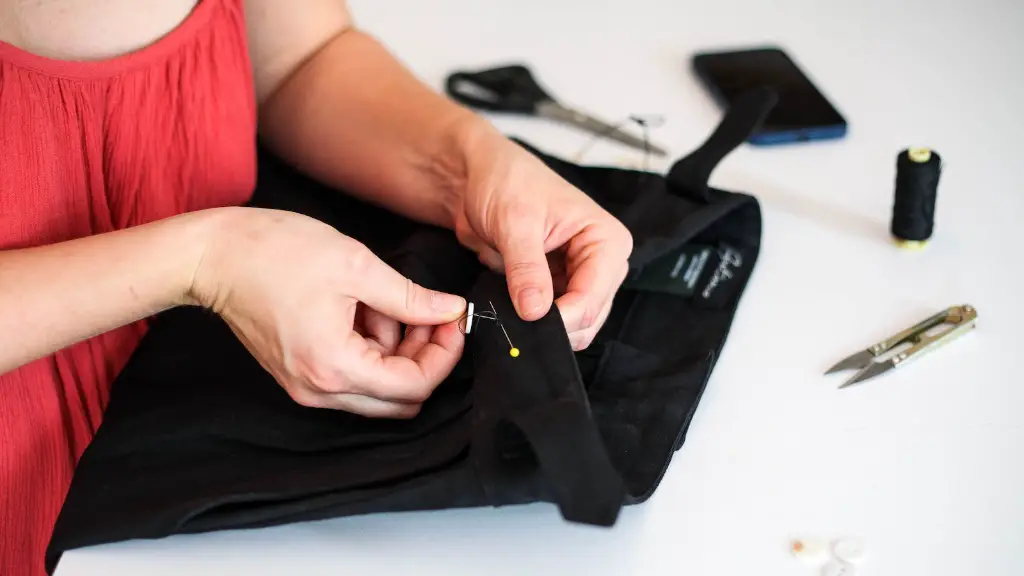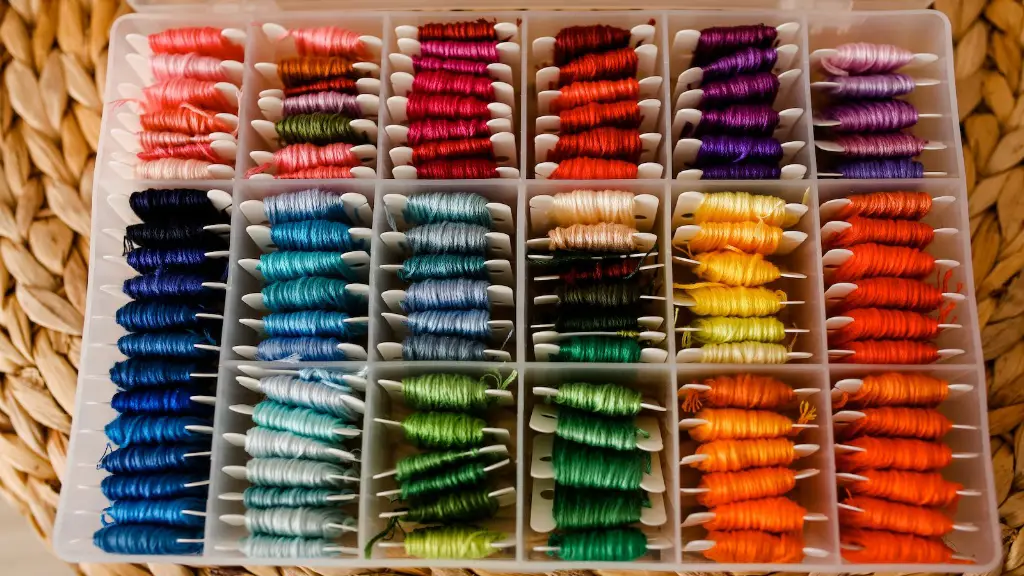Pawn shops are retail outlets that lend money to people and accept physical items, such as laptops, jewelry, and sewing machines, as collateral. Pawning is a popular way of raising funds quickly since the pawn shop provides a loan with no credit check. Do pawn shops take sewing machines? The answer is yes, most pawn shops accept sewing machines. Some may differ in their policies. However, mostly all pawn shops accept sewing machines and the interest rates are usually quite reasonable.
The loan offered by the pawn shop lasts for a specific period, usually from 1 week to 30 days or more, depending on the shop’s policy. When the due date arrives, the client can repay the loan. If the loan can’t be repaid in time, the pawnshop has the right to keep the pledged item until the loan is paid. Therefore, in such cases, the pawnshop becomes the rightful owner of the pledged item.
To acquire sewing machines from a pawn shop, the seller provides the item’s serial number and proof of ownership. To create a loan agreement with the pawn shop, the seller has to provide proof of identity as well. Pawn shops also prefer to receive a picture of the item when possible. That way, they can check its condition and features, what accessories come with it, and its make and model. Some pawn shops may also provide additional services, such as the ability to repair gadgets or the option to rent items. However, separate fees may apply.
Pawn shops often charge fees for loans. These fees are always applied in addition to the interest rate and can be fixed or variable. The fees might vary based on the pawn shop’s policy. The interest rate can vary from around 0.5% to 2% of the loan amount per week. That said, it is particularly important to know the facts and make sure that the interest rate is acceptable. One of the major benefits of pawn shops is that they rarely deny someone seeking a loan. That said, if you’re looking to acquire a sewing machine from a pawn shop, make sure you review the terms and conditions carefully.
Should I sell or pawn my sewing machine?
Each option has a set of advantages and disadvantages. Pawning a sewing machine provides the consumer with emergency funds. Additionally, it serves as a way to prevent the consumer from using a credit card and getting into debt. On the downside, however, the consumer has to pay interest in addition to the original sum. If the consumer fails to pay back the loan on time, the pawn shop will then become its rightful owner.
Selling a sewing machine is another option for raising money. The consumer sells the item for money, instead of borrowing a sum of money like in the case of pawning. This way, the consumer can get a higher gain than if pawning the item. On the other hand, the consumer may have to search carefully for buyers, explain the features of their sewing machine, and negotiate the price.
Covid-19: How pawn shops are responding?
The Covid-19 pandemic has imposed several restrictions on businesses, including pawn shops. All pawn shops must follow applicable local, state and federal guidelines to ensure the health, safety and security of all customers and staff. Stores have implemented protocols to minimize any risk of Covid-19 transmission.
At the moment, many pawn shops are closed and customers can’t enter the premises. Nevertheless, some of them may still accept online applications and offer payment through online banking. In some cases, personnel may come to the customer’s residence for pickups and deliveries. Furthermore, new and prospective customers may still be able to get loan estimates online in certain locations.
Tips for pawning a sewing machine
Shopping for a loan at a pawn shop is a sensible decision as long as you’re aware of the advantages and disadvantages. Here are some tips to consider when pawning a sewing machine:
- Carefully evaluate the loan terms and the interest rate to make sure you’re happy with the agreement.
- Check the pawn shop’s website for their policies on such items.
- Normal proof of identity and proof of ownership is required.
- Bring in a picture of the item.
- Understand the differences between pawning and selling items.
- Do a price comparison of different items.
Arguments supporting pawn shops
When talking about pawn shops, it is impossible not to mention the arguments in favor of these types of establishments. Pawn shops offer several services, such as loans and payments, rentals, repairs, and valuation services. With the help of pawn shops, people have access to low-interest loans. This is often vital to those who lack funds, have no access to traditional banking, or have a poor credit score. Furthermore, pawn shops provide employment, which further contributes to the economy of the region.
Additionally, pawn shops help dispose of unnecessary items or items that might be taking too much room in the house. Although it is not the same as selling something on eBay or Amazon, this is an easy and often convenient way to reduce clutter. Some pawn shops also make it a point to buy collectibles and antiques, which helps those who cannot find a market for these items. Lastly, it is essential to note that pawn shops are a very secure and accessible way to purchase items such as jewelry and electronics, as they take into consideration the authenticity of the items before selling them.
Arguments critical of pawn shops
Arguments against pawn shops have also been mentioned. Firstly, pawn shops sometimes get a bad reputation because buyers perceive that pawn shops may have stolen items in their inventory. This is not true in the majority of cases. However, one should always make sure that the item they are buying is not stolen. Secondly, pawn shops are sometimes accused of charging interests on their loans that are too high. This is mostly true, as profits are a necessity for pawn shops as a business. This means that buyers should be extra careful when negotiating a loan. Lastly, some are concerned with the issue of privacy in pawn shops. This is not something that should be a worry, as pawn shops no longer require customers to fill in an application for a loan.
What items do pawn shops accept?
Pawn shops accept a wide range of items, including jewelry, consumer electronics, musical instruments, antique items, and collectibles. Many pawn shops also accept smaller items, such as game consoles, movies, and video games. Other shops may accept cameras, military memorabilia, clothing and even tools. As discussed in the beginning of the article, pawn shops also accept sewing machines and other home appliances.
It is important for consumers to remember that each pawn shop has its own acceptance policies. It is advisable to call ahead to confirm that the item is accepted. Furthermore, consumers should always remember to bring proof of ownership when pawning an item, such as the item’s serial number and documentation. All in all, pawn shops are a great way of raising money quickly and with low interests.



